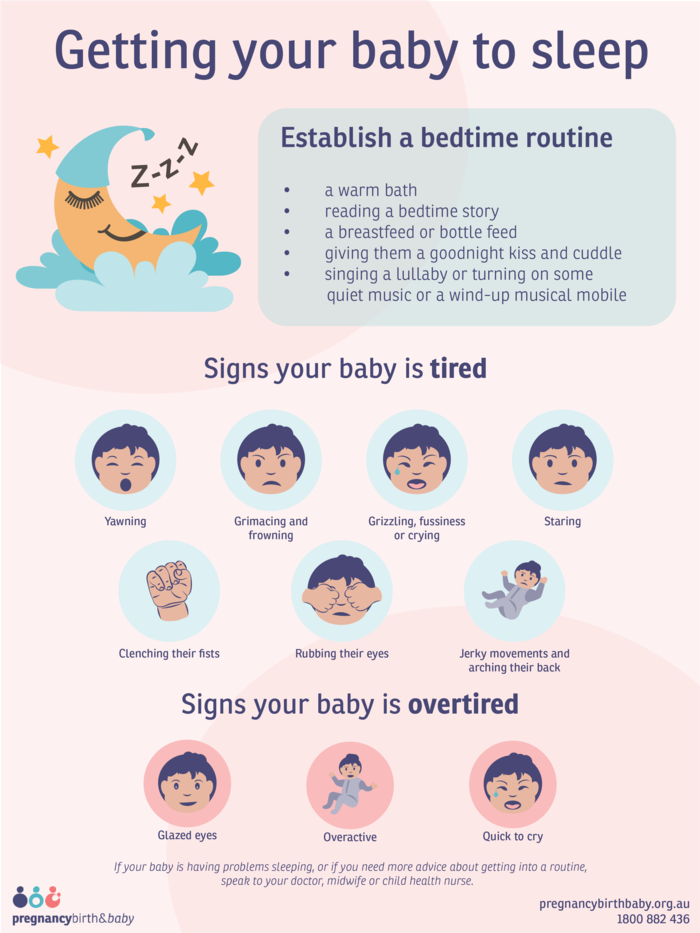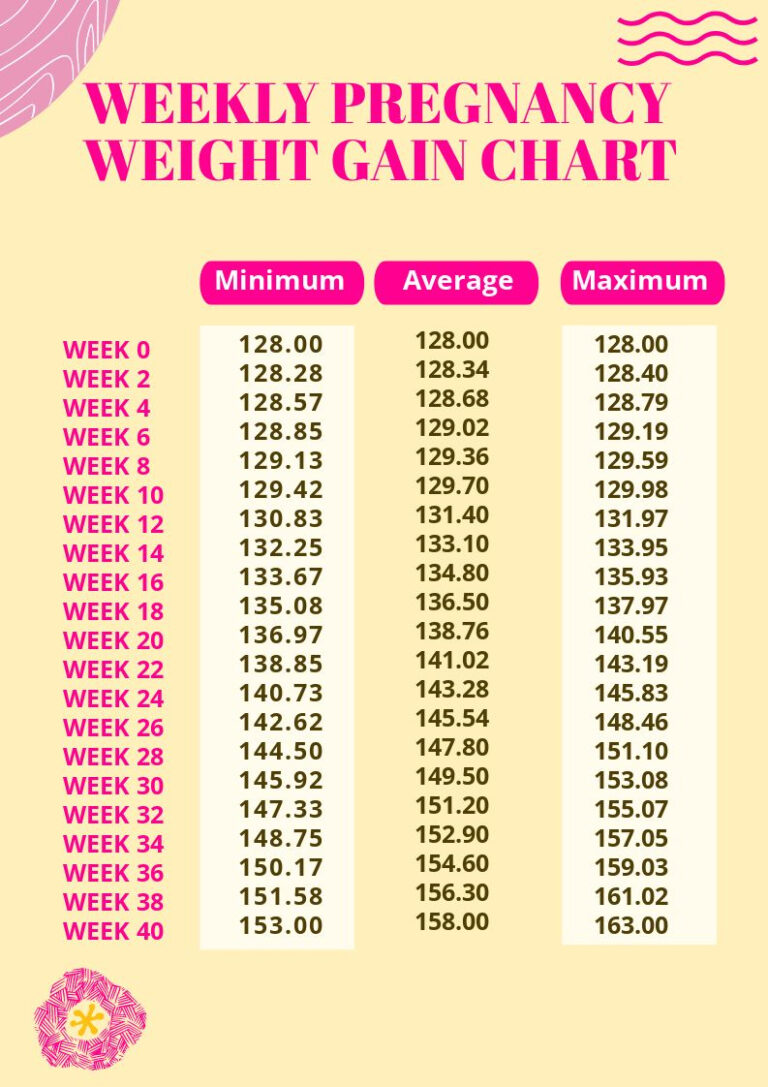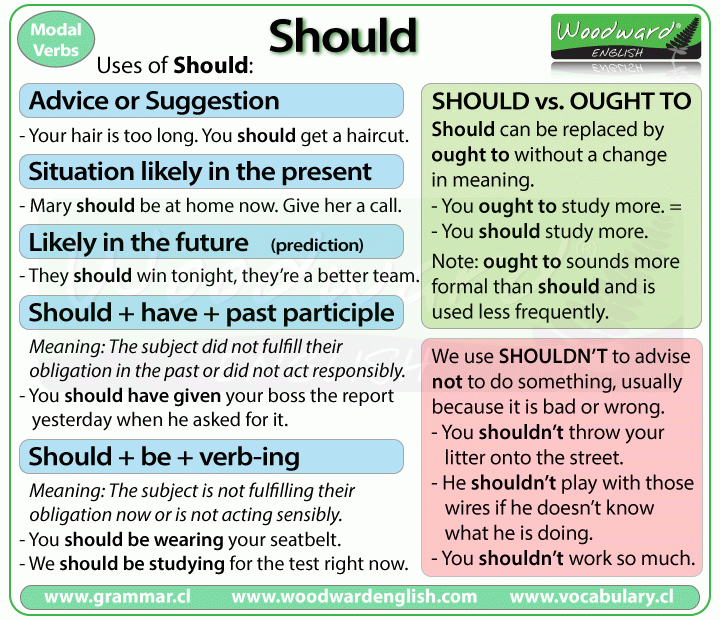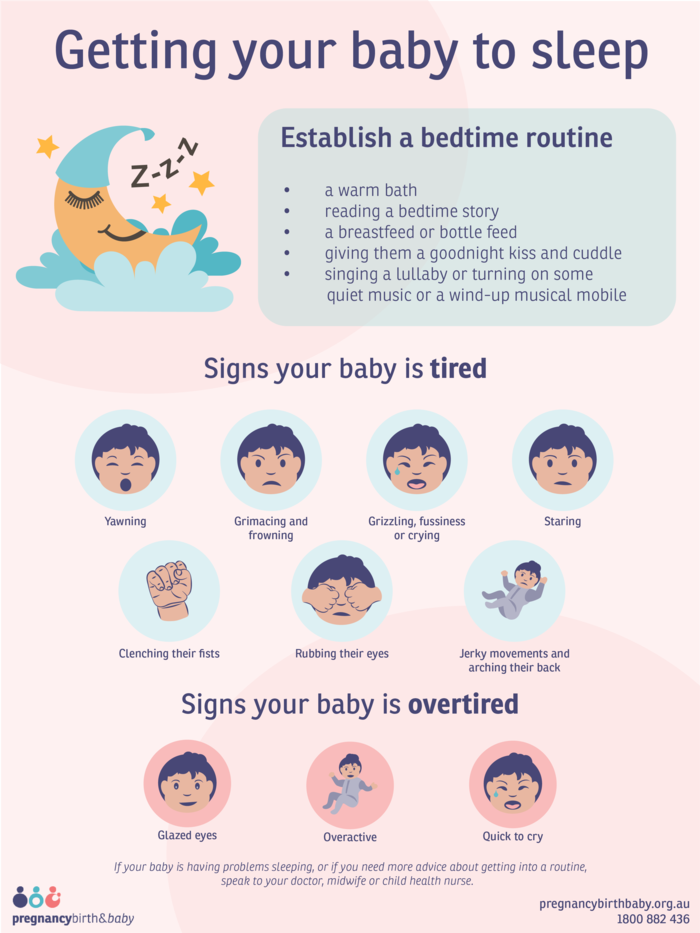Navigating the 6 Month Sleep Regression: A Guide for Parents
The journey of parenthood is filled with both joys and challenges, and one of the most common obstacles is the dreaded 6-month sleep regression. This period of disrupted sleep can leave parents feeling exhausted and overwhelmed, but understanding the causes and implementing effective strategies can help you navigate this developmental hurdle with ease.
During the 6-month sleep regression, infants experience a sudden change in their sleep patterns, making it difficult to fall and stay asleep. This regression is caused by a combination of developmental milestones, physical discomforts, and environmental factors, and it can have a significant impact on both infants and parents.
6 Month Sleep Regression

Yo, listen up, bruv! If your little bubba’s been acting up lately, it might be the dreaded 6 month sleep regression. This is a totally normal phase that most babies go through, but it can be a bit of a nightmare for parents.
What is the 6 Month Sleep Regression?
The 6 month sleep regression is a period of time when babies start to wake up more often at night, take shorter naps, and generally be more difficult to put down. It usually starts around 6 months of age and can last for a few weeks or even months.
Why Does the 6 Month Sleep Regression Happen?
There are a few reasons why the 6 month sleep regression happens. One reason is that babies are going through a lot of developmental changes at this age. They’re learning to sit up, crawl, and talk, and all of this new activity can make it hard for them to sleep.
Another reason for the 6 month sleep regression is that babies are starting to become more aware of their surroundings. They’re starting to notice things like the light coming in through the window or the sound of the TV, and this can make it harder for them to fall asleep.
How to Deal with the 6 Month Sleep Regression
There are a few things you can do to help your baby deal with the 6 month sleep regression. First, try to establish a regular sleep routine. This means putting your baby down to sleep at the same time each night and waking them up at the same time each morning. Even on weekends!
You can also try to create a relaxing bedtime routine. This could include giving your baby a warm bath, reading them a story, or singing them a song. Make sure their room is dark, quiet, and cool. And avoid giving them any screen time before bed.
If your baby is waking up frequently at night, try to soothe them back to sleep without picking them up. You can do this by patting them on the back, rocking them, or singing to them. If they’re still not settling down, you can try giving them a pacifier or a bottle of milk.
When to Worry About the 6 Month Sleep Regression
The 6 month sleep regression is usually a temporary phase, but there are some cases when it can be a sign of a more serious problem. If your baby is not sleeping well for more than a few weeks, or if they are showing other signs of distress, such as being fussy or irritable, you should talk to your doctor.
Helpful Answers
How long does the 6-month sleep regression typically last?
The duration of the 6-month sleep regression varies from infant to infant, but it typically lasts for 2-6 weeks.
What are some common physical discomforts that can trigger sleep regression?
Teething, gas, and reflux are common physical discomforts that can disrupt sleep in infants.
Is sleep training effective in managing sleep regression?
Sleep training can be an effective tool for managing sleep regression, but it is important to choose a method that is appropriate for your infant’s age and temperament.





